Can you trick yourself into being positive? One researcher thinks so! Read about her strategies here.


Can you trick yourself into being positive? One researcher thinks so! Read about her strategies here.
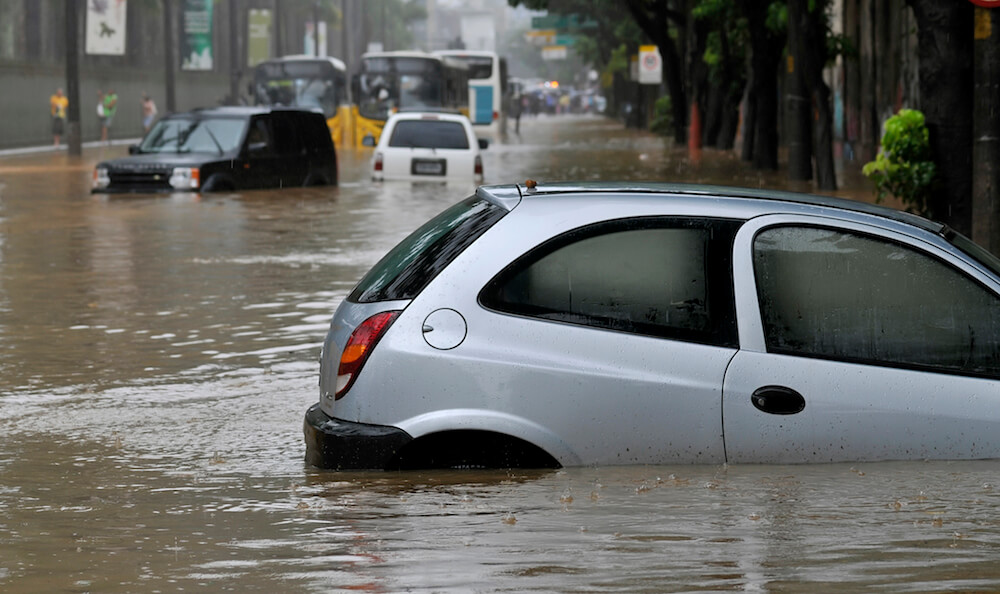
Two 6th graders from Florida won their school $100,000 by developing a piece of technology that will help prevent flash floods.
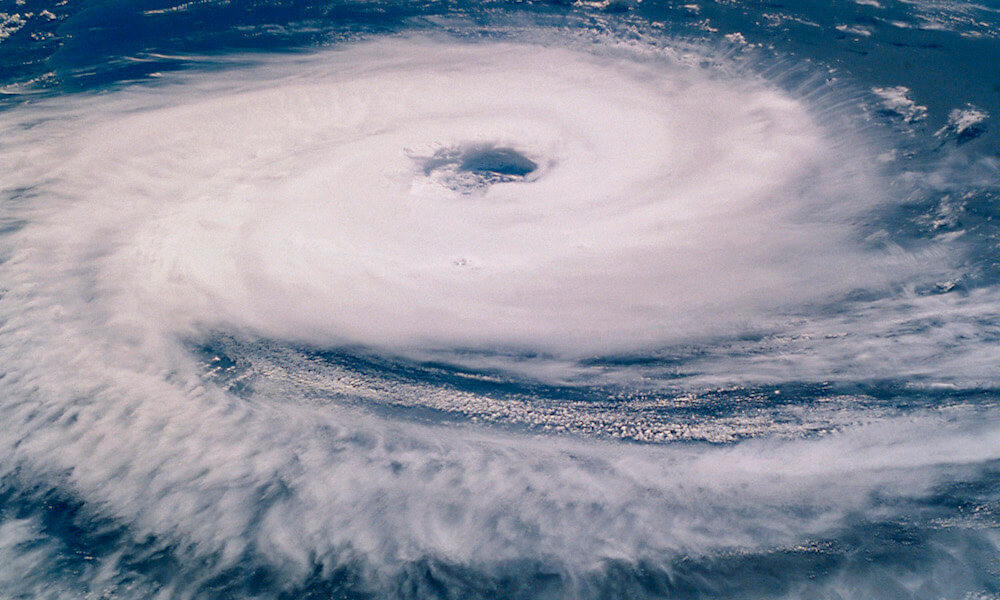
As much as humans have shaped nature, nature has also shaped the course of human history. Read more about how hurricanes affect us.
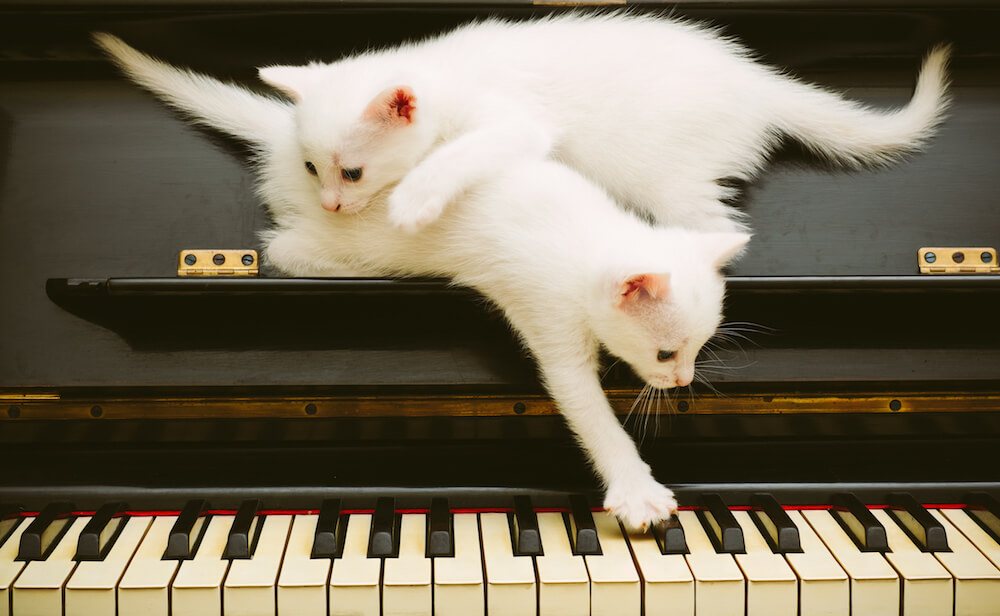
House cats, rats, and pigs—oh my! These creatures are way smarter than you think.
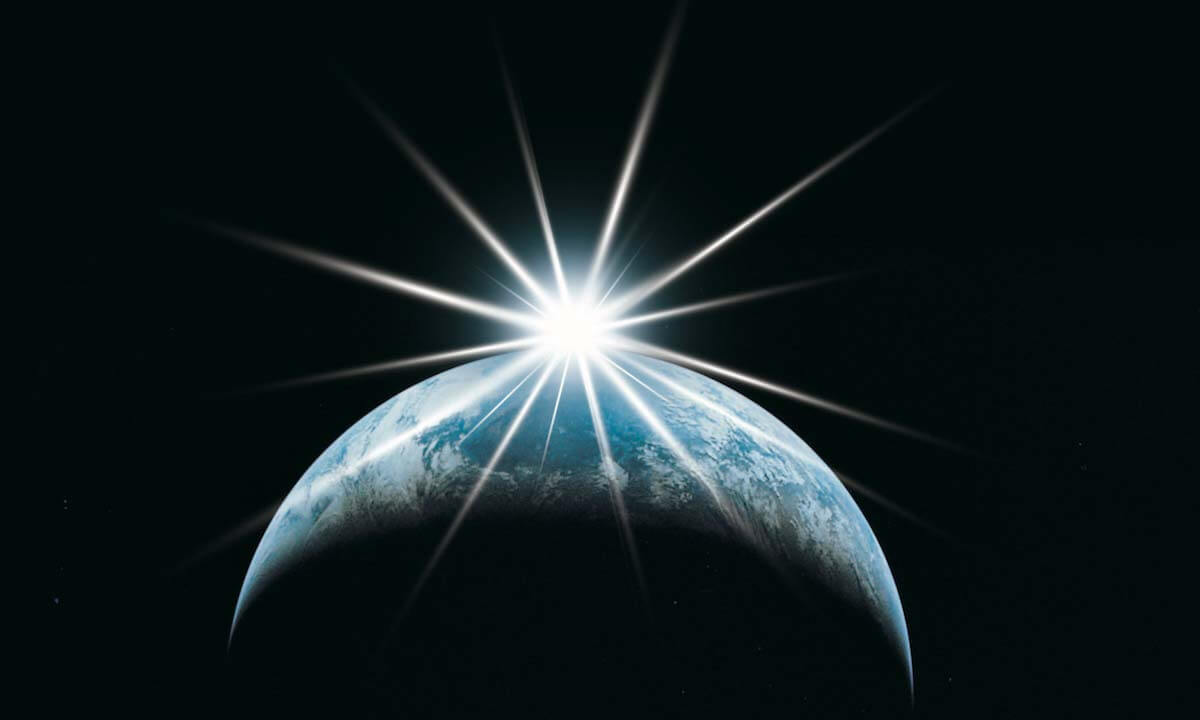
| See Earth like never before while also hearing first-hand accounts about the awe-inspiring view of our planet from space. |

Researchers at the Caltech Brain Imaging Center found that participants in a study were more likely to gamble when they saw peers doing so.

Diane Ackerman contemplates the wildlife that creeps into our urban habitats.
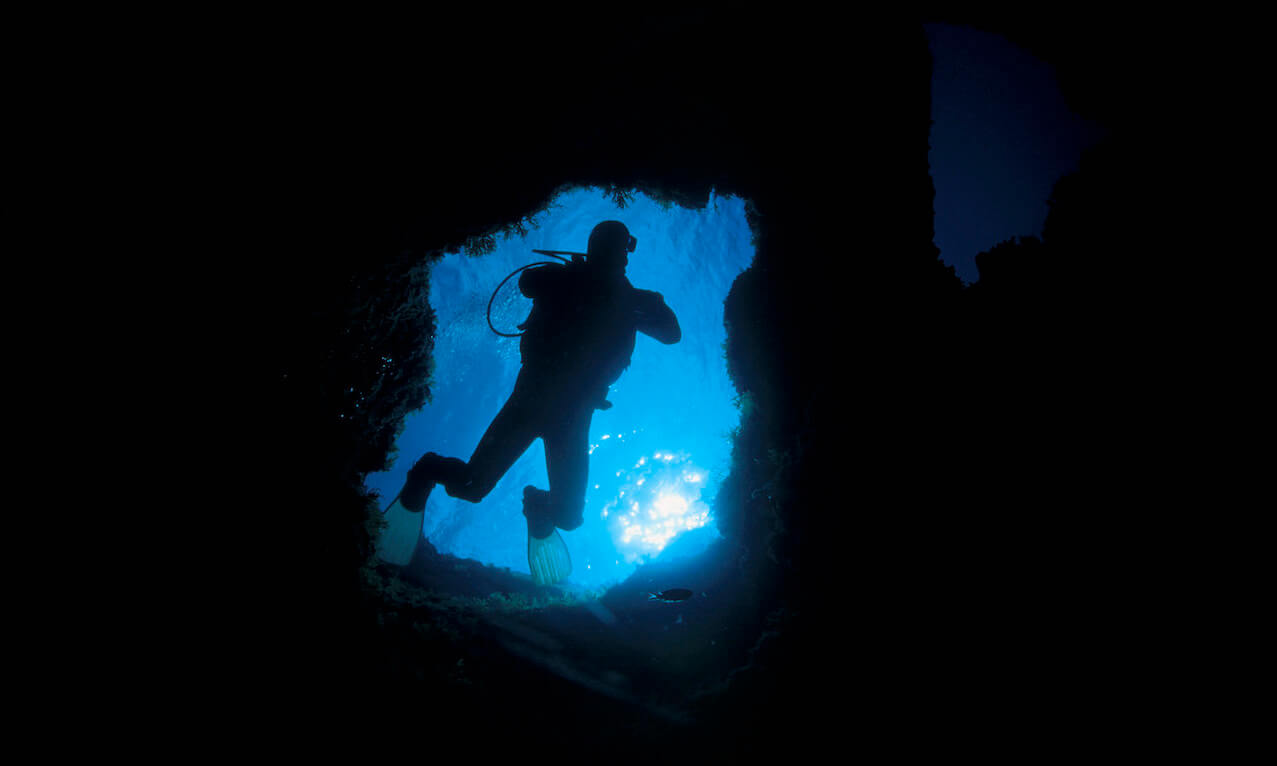
Survival experts discuss what the Thai soccer team that was trapped in a cave did right to get through the two weeks before they were rescued.

It may seem obvious that nature benefits humans, but you might be surprised to learn how much!

Have you ever been in a car on a hot day and seen water on the road far away, only to find that there’s nothing there? If so, you’ve seen a trick of the light called a mirage. This article explains what causes mirages and the different types you might see.

On March 26, 2012, James Cameron made a solo 6.83-mile journey to the Challenger Deep, the deepest known point in the ocean. Cameron completed the dangerous trek in a single-seat submersible named the DEEPSEA CHALLENGER. What risks did Cameron encounter on his journey, and what did he hope to discover? Learn more about the mission at this official site.

Roz Savage was the first woman to row solo across three oceans. Here, she talks about how her first voyage; how it came about that she gave up her normal life to row solo across the Atlantic, the obstacles that she faced, and how she overcame them.
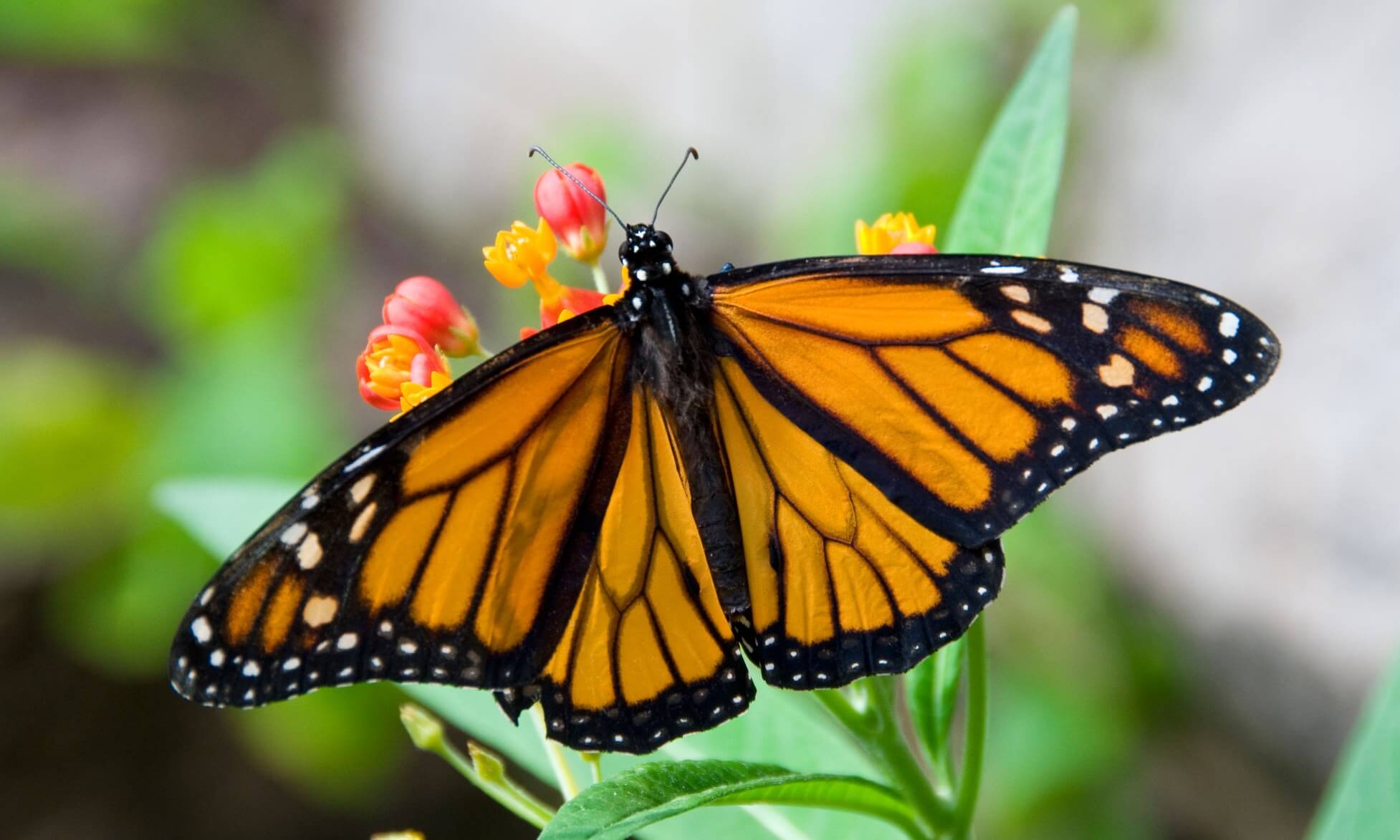
Butterflies may have tiny brains, but they manage an impressive feat of navigation, even when blown off course.

Read through all four tabs for information on being prepared, responding during, and recovering after a landslide.

Infants are afraid of strangers, but what about heights? When do people start to have fear of heights?

Vultures are often derided for being ugly and smelly, but these incredibly efficient scavengers help humanity by eating dead animals.

Watch this video about a program intended to both connect prisoners to nature and to help restore the environment.

Most people tend to categorize the risk-taking behaviors of teenagers as a bad thing, but new research from Harvard University shows that brain development at that age can be beneficial for learning.
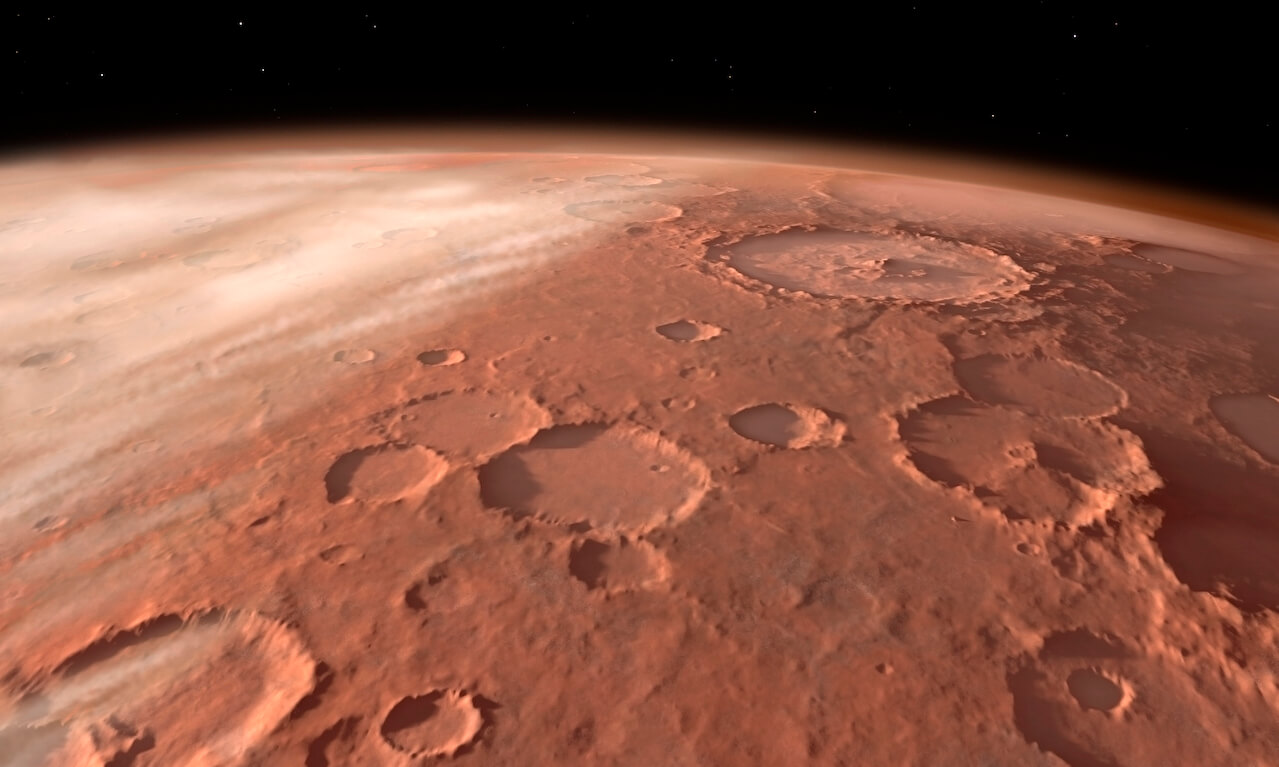
Former astronaut and NASA administrator Charles Bolden talks about the future of space exploration.
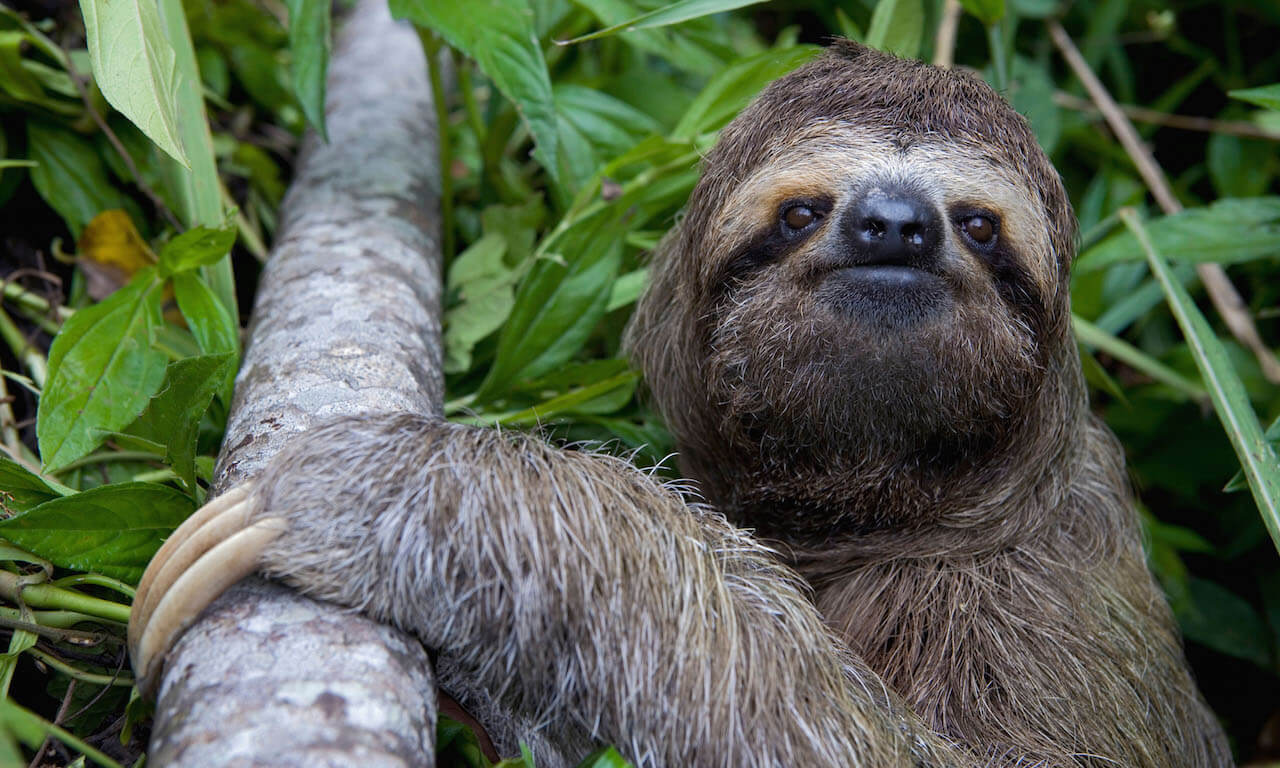
Because humans have a relatively low metabolism, they might survive longer than other species. This article explains more about the theory.